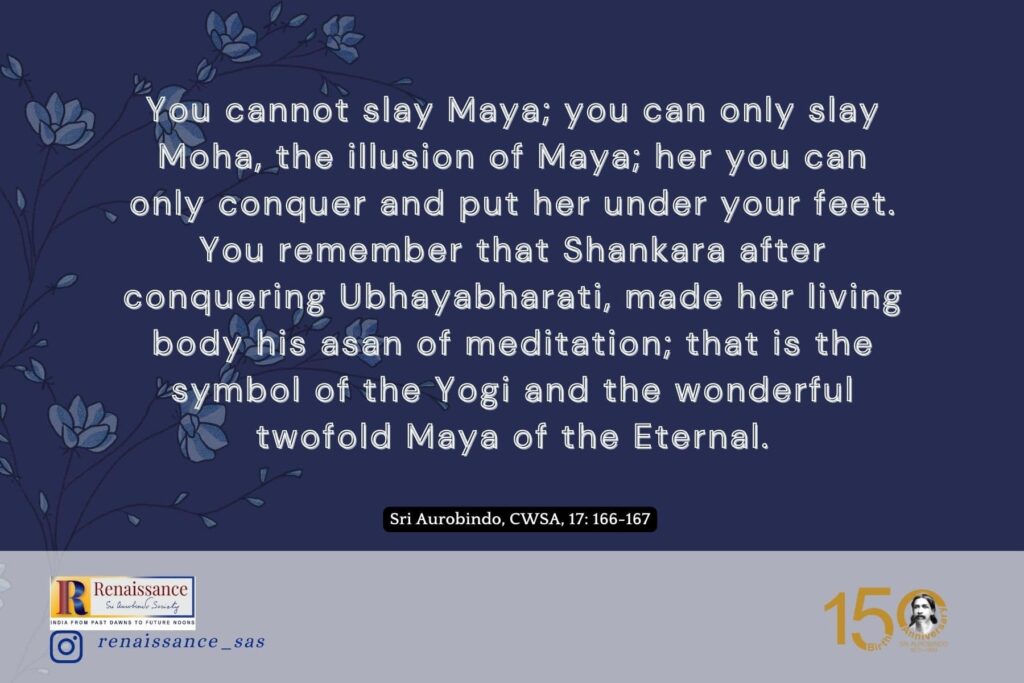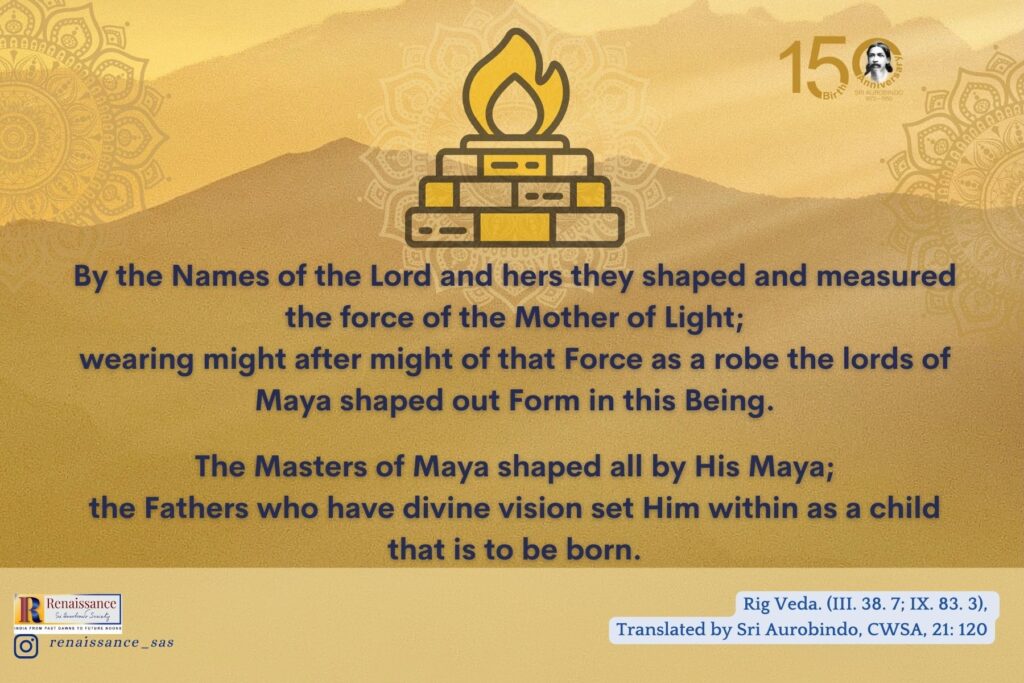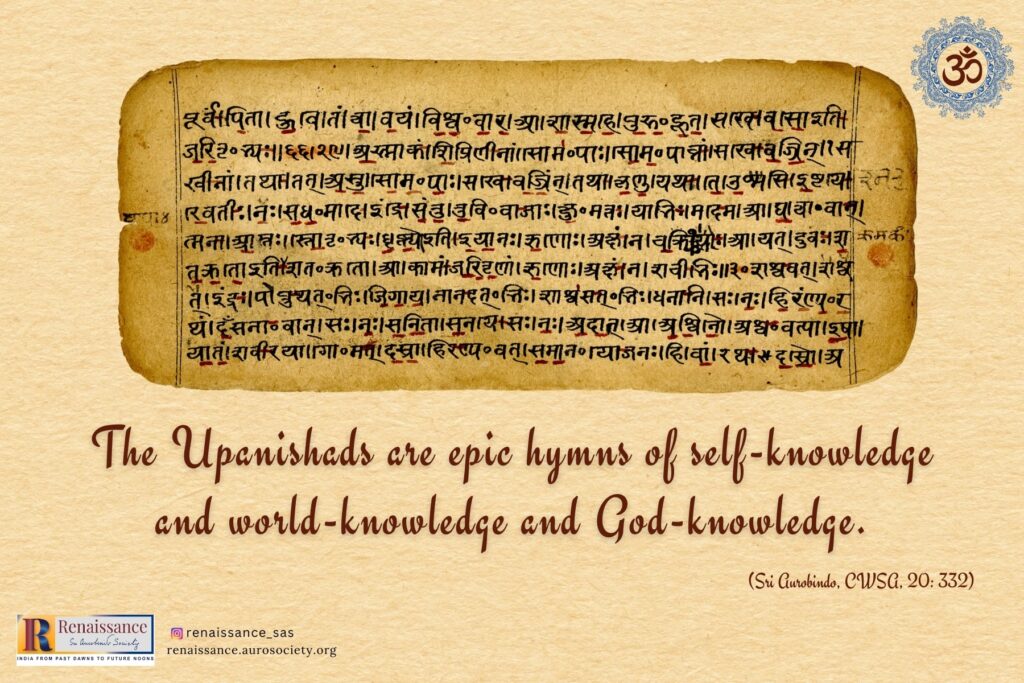Editor’s note: A popular Pauranic story was retold by Sri Ramakrishna to illustrate the hold that our attachments have on the ordinary understanding and experience of human relationships. It is ignorance which leads to false attachments that is commonly spoken of as moh-maya (delusion-illusion). As one sincerely progresses toward deeper self-awareness and self-knowledge, the veil of ignorance slowly begins to lift up.
The word Maya comes from the Sanskrit root mā, which means to measure, to delimit. In its original Vedic sense, it meant the power of the infinite consciousness of the Absolute to form nāma-rūpa, the Name and Form, out of the illimitable indivisible Truth of Infinite Existence. But over time this word came to acquire a pejorative sense and Maya was regarded as an Illusive Power.
The following tale titled “Such Indeed is Maya!” is taken from the ‘Tales and Parables of Sri Ramakrishna’ (second edition, tale number 34, pp. 81-83, published by Sri Ramakrishna Math, Mylapore, Chennai).


Once Narada besought the Lord of the universe, “Lord, show me that Maya of Thine which can make the impossible possible.” The Lord nodded assent.
Subsequently the Lord one day set out on a travel with Narada. After going some distance, He felt very thirsty and fatigued. So He sat down and told Narada, “Narada, I feel much thirsty; please get me a little water from somewhere.” Narada at once ran in search of water.
Finding no water nearby, he went far from the place and saw a river at a great distance. When he approached the river, he saw a most charming young lady sitting there, and was at once captivated by her beauty. As soon as Narada went near her, she began to address him in sweet words, and before long, both fell in love with each other.
Narada then married her, and settled down as a householder.
In course of time he had a number of children by her. And while he was thus living happily with his wife and children, there came a pestilence in the country. Death began to collect its toll from every place. Then Narada proposed to abandon the place and go somewhere else. His wife acceded to it, and they both came out of their house leading their children by the hand.
But no sooner did they come to the bridge to cross the river than there came a terrible flood, and in the rush of water, all their
children were swept away one after another, and at last the wife too was drowned.
Overwhelmed with grief at his bereavement, Narada sat down on the bank and began to weep piteously. Just then the Lord appeared before him, saying, “O Narada, where is the water? And why are you weeping?”
The sight of the Lord startled the sage, and then he understood everything. He exclaimed, “Lord, my obeisance to Thee, and my obeisance also to Thy wonderful Maya!”


Sri Aurobindo on Maya
Maya meant for them [the Vedic seers] the power of infinite consciousness to comprehend, contain in itself and measure out, that is to say, to form—for form is delimitation—Name and Shape out of the vast illimitable Truth of infinite existence.
It is by Maya that static truth of essential being becomes ordered truth of active being—or, to put it in more metaphysical language, out of the supreme being in which all is all without barrier of separative consciousness emerges the phenomenal being in which all is in each and each is in all for the play of existence with existence, consciousness with consciousness, force with force, delight with delight.
~ CWSA, Vol. 21, pp. 123-124

Read another tale told by Sri Ramakrishna:
None Will Follow Thee After Death
~ Design by Beloo Mehra


